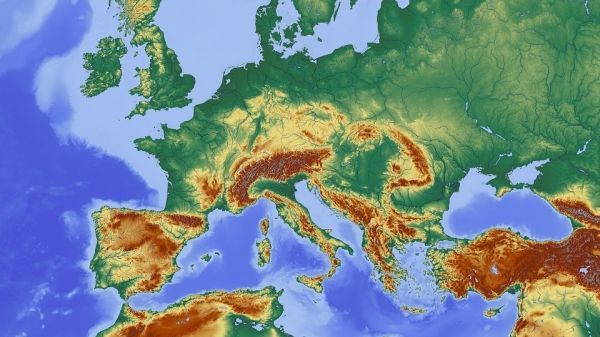Over two to four days at the end of July 2019, Western Europe saw temperatures reach 42.6 degrees in Paris, while the UK set a new daily temperature record at 38.7 degrees.
Over two to four days at the end of July 2019, Western Europe saw temperatures reach 42.6 degrees in Paris, while the UK set a new daily temperature record at 38.7 degrees. The effects of these extreme temperatures are far-reaching: from delayed trains and sleepless nights, to deaths from drowning and an increased mortality risk for the elderly, babies and vulnerable populations.
An international team of scientists, including researchers from the ECI, the Dutch Met office (KNMI), the UK Met Office and Météo France, conducted a rapid analysis to determine whether and to what extent the probability of these heatwave events had changed as a result of climate change. The analysis was led by World Weather Attribution, an international effort to analyse the possible influence of climate change on extreme weather events such as heatwaves, cold spells, and droughts.
Combining established modelling methodologies and observational data, the researchers found that in France and the Netherlands, the heatwave was made about one hundred times (and at least 10 times) more likely due to climate change. This means that before global warming a similar heatwave would have been extremely improbable, with a chance of happening only once in a thousand years.
Read more at: University of Oxford
Photo Credit: Hans via Pixabay




